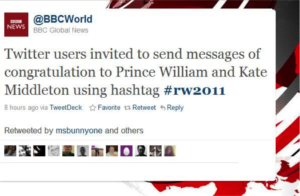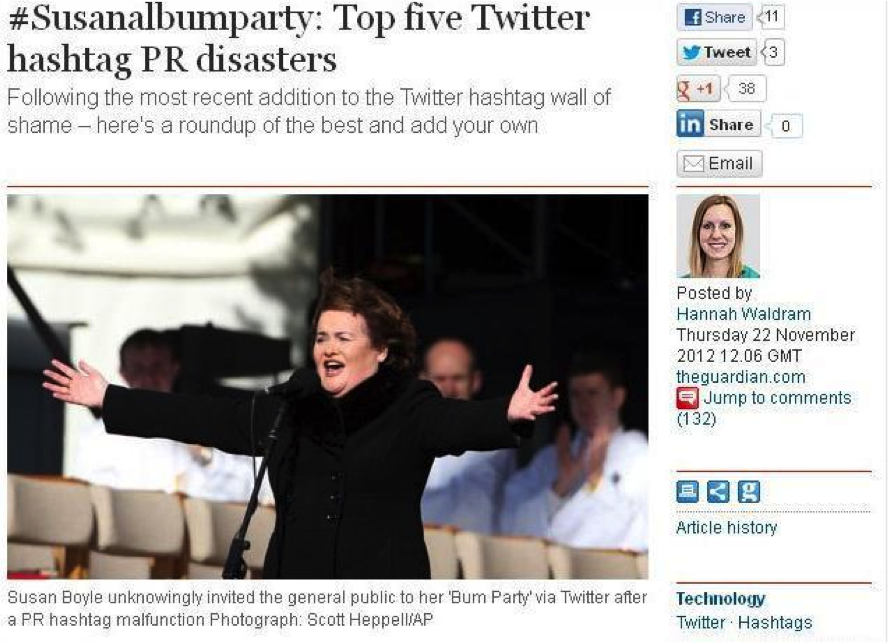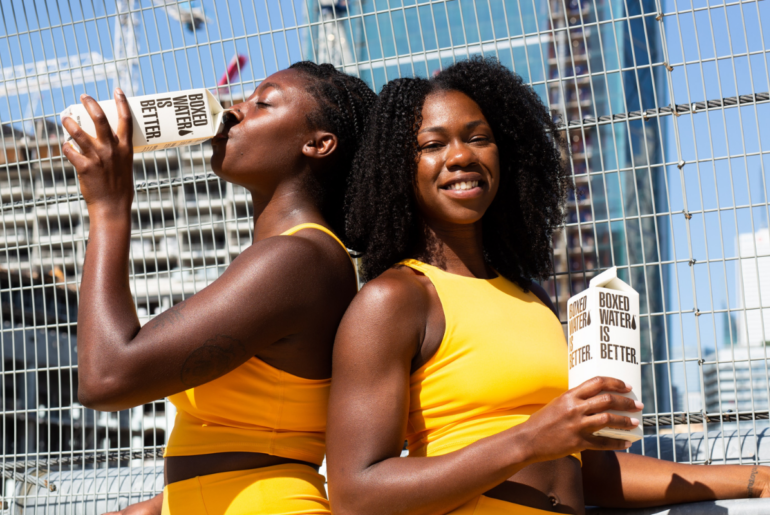Hashtags are everywhere these days – on Twitter accounts and news feeds, advertisements, weddings, and car commercials. When designed well, Hashtags can increase your online following, drive customer engagement, and help pin down what makes your company unique. If not designed well, hashtags don’t do much at all. So what makes a good hashtag? And how can businesses design hashtags that work for them? How to pick a good hashtag? It starts with some Hashtag basics.
Here are five tips for creating a winning hashtag of your own:
Ready to launch a hashtag campaign? We’d love to strategize with you!
1. Be (Mostly) Unique
Traditionally, hashtags are used to raise brand awareness with a unique brand tag, or to push a specific event or idea. The more unique a hashtag is, the easier it is to take in with minimal exposure, and then the easier it will be to spread. There are exceptions to this rule. Hubspot’s infographic on the topic will help you decide whether “hijacking” an existing tag is right for your campaign. Essentially, don’t do it unless you are adding value to the conversation. We also have a blog on reusing a hashtag.
Don’t pick a hashtag that is too vague or common – it won’t stand out. Alliteration is your friend. Use your creativity.
2. Timing Matters – Ramp up!
There is such a thing as inappropriate timing, so be sure you understand the context of the social media sphere when you launch your hashtag. If your online presence is small, give your hashtag time to grow before your product release or event. Fox News, for example, posted a July 4th photo on July 3rd, giving followers a day to take in the idea before contributing themselves.
3. Be Clear, Be Clear, Be Clear

Your hashtags are only as strong as they are usable. An ambiguous or vague concept is unlikely to gain any traction simply because the community won’t know what to do with it. If you have a business, taking advantage of shows and events with a Hashtag is paramount. People, as a rule, prefer things that make sense and are easily understood. Make the purpose of the tag clear, so it’s not just you who uses your new Hashtag.
BBC invited users to engage with the royal wedding using #RW2011. The hashtag was unambiguous, the purpose was clear. The hashtag’s success was also aided by its association with a world event, for which there was already a lot of social media chatter. You can read more here about how brands can use social media to capitalize on world events.
4. Think Through ALL the Implications and Associations

Cautionary tales abound from poorly designed hashtag campaigns. Popular Scottish singer Susan Boyle’s now-infamous “Susan Album Party” hashtag, #susanalbumparty got more attention for the unintended, lewd interpretations of the tag than the album itself. Beware of the hidden words that appear when spaces are removed from hashtagged phrases. If you don’t have a brand image to protect, maybe infamous isn’t a problem. But don’t invite your twitter network to a “bum party” unintentionally.
If you’ve decided to recycle an existing hashtag, you can be strategic about making the pre-existing associations work in your favor. Use tools like Hashtagify.me to check out existing associations with your hashtag, including a graph of influential or power users of the hashtag.
5. Less is More
Once you start to see results, it can be tempting to overdo it with hashtags. Be warned though, while social media is notorious for moving on quickly, this is only true to a point. No one should hold a new hashtag campaign every week. It’s fine to use them with every post, but give people a chance to take one idea at a time.
Similarly, keeping your hashtags minimalist will make them more useable in Twitter’s limited format, and more memorable. Citibank has a great example of minimalist messaging with their #Motivational Monday tweet: “Two Words”: Healthy Breakfast.
Design your hashtags to stick and they will become an important addition to your arsenal of powerful and effective marketing tools. Looking for inspiration? Here are some great hashtag examples.
—
Ready to launch a hashtag campaign? We’d love to strategize with you!

Owen Andrew is a freelance journalist living in Southern California. Owen covers a number of topics including Social Media, E-commerce, tech and business both in web and print format. He is a big fan of EDM, video games and comics. Above all though, he enjoys time with his wife and children.




